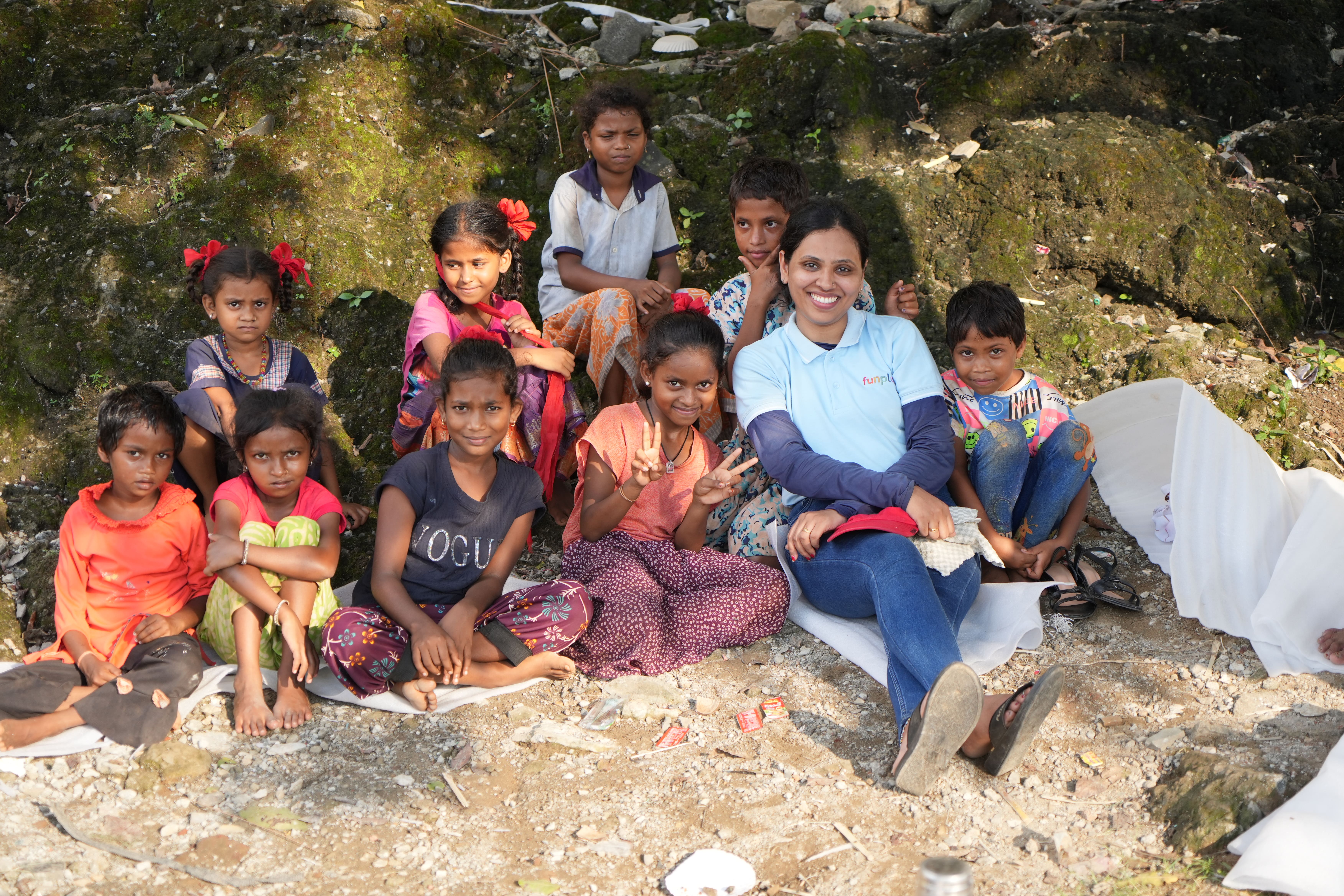Playgrounds: The Other Classroom
While classrooms build minds, playgrounds build minds in motion.
Research increasingly supports what educators have long
known—outdoor play is vital to holistic development. Modern
education systems, including India’s National Education Policy
(NEP), emphasize physical literacy, experiential learning, and
emotional intelligence. That’s where structured play comes in.
1. Cognitive Development Through Active Play
- Problem-solving in obstacle courses
- Memory building with logic games
- Strategy during team play or pretend scenarios
Use case: Phula encourages multisensory interaction, boosting
memory and cognitive flexibility.
2. Language & Communication Skills
In open-ended, unstructured environments, kids:
- Negotiate rules
- Assign roles
- Narrate stories
Try thematic units like Paper Boat for role-play that
strengthens verbal expression.
3. Social-Emotional Intelligence
- Empathy through shared play
- Conflict resolution
- Team-building
- Leadership in informal settings
Peer-to-peer play nurtures emotional regulation and
self-confidence.

4. Physical Literacy & Motor Skills
- Core strength through climbing
- Balance from beams and swings
- Fine motor coordination via panels or ropes
Try: Bellatrix for multi-skill physical development in a
compact format.
5. Sensory Integration & Mental Wellness
- Tactile surfaces improve sensory regulation
- Nature play reduces anxiety
- Exposure to daylight enhances mood
Playgrounds double as sensory-friendly zones—especially helpful
for neurodiverse learners.
6. Academic Readiness Through Movement
- Show improved classroom focus
- Have better retention rates
- Demonstrate enhanced executive function
Movement boosts blood flow to the brain—fueling cognition and
learning agility.
7. Experiential Learning Beyond the Book
- Nature trails teach biodiversity
- Themed play introduces real-world concepts
- Group games foster democratic values
This aligns with NEP’s focus on 360° development and learning
through doing.
8. Breaks That Build Brains
Play isn’t a pause in learning—it’s a shift in learning. Brain
breaks during recess improve:
- Mood
- Problem-solving ability
- Peer collaboration
9. Inclusivity in Learning Through Play
-
Children who struggle in academics shine on the playground
- Multi-language environments become immersive
- Inclusive play builds awareness and empathy
10. Connection to Community & Environment
- Parent-child interaction zones
- Spots for school events
- Nodes of environmental stewardship
Use nature-based themes to foster eco-awareness and responsible
citizenship.
Related Reading
- What Every School Playground Should Include
- Customization Options for Themed Playgrounds
- Playground Design Ideas for Small Spaces
FAQs
How does outdoor play help in academics?
Active play improves focus, memory retention, and critical
thinking—key to academic success.
Can outdoor play help children with special needs?
Yes. Sensory play zones and inclusive equipment support
developmental growth in neurodiverse learners.
How often should schools include outdoor play?
Ideally, daily. Multiple short breaks with access to quality
equipment provide the best outcomes.
Explore more about
FunPlay Originals and our
Nexlev Series for advanced play
solutions.
